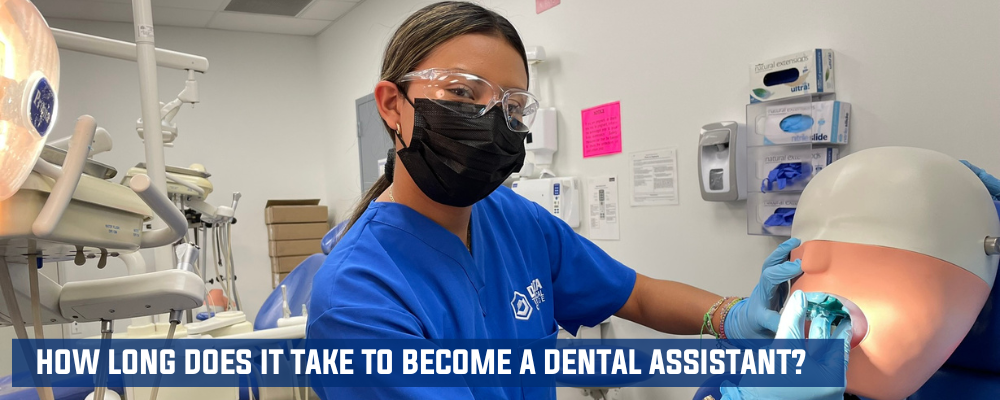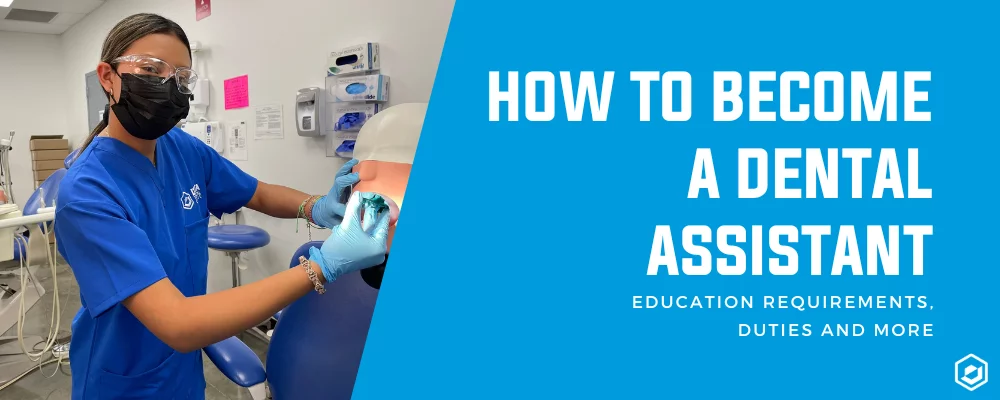Are you interested in starting a new career? Are you unsure of which industry to choose and concerned about how long it will take you to complete the transition? The good news is that it’s never too late to change careers. The first step is gathering all the information necessary to make an informed decision.
Many people choose to begin new careers later in their life. Of the 21 million people [1] enrolled in post-high school programs, 2.3 million are over the age of 40. Due to the diverse and plentiful availability of programs, it is possible to change careers in less than a year.
Regardless of age, there are multiple considerations [1] when choosing a new career. Various aspects that could inspire career change may include:
- Prior experience
- How much time you have for schooling
- Choosing a field that is expected to grow
- Salary
- Personal enjoyment
After careful consideration of the above, and additional research into fields that interest you, the next step is to make the correct educational choice.
How to Choose the Right Training Program
When changing careers, you may choose a four-year college, a community college, or a trade school for your training. There are important differences between the programs at each type of institution:
- A four-year college or university is a significant commitment of time and money, with a bachelor’s degree usually taking four to six [2] years to complete, and the average cost [3] of a public university approximately $26,290 per year, including tuition, fees, housing, and meals. A bachelor’s degree also typically requires extensive classroom time, studying, and general education courses prior to focusing on courses related to your major.
- A community college [4] traditionally offers two-year programs, during which students may earn an associate’s degree. The tuition at community college varies depending on whether the school is public or private and if the student is in-state or not. Similar to a four-year college or university, community colleges usually require students to take general education courses such as writing and math.
- A trade school will often include many programs that can be completed in less than a year, and could offer flexible class schedules. While tuition rates may vary, they can include a range of student services, hands-on training in the field, access to quality equipment, and exam preparation. Students will spend most of their day in the field or lab, practicing their new trade, which limits time spent sitting in a traditional classroom setting.
Delta Technical College (Delta Tech) is a trade school offering a number of programs that might align with a new career path you’re considering.
Where to Begin When Choosing Delta Tech for Your Career Change
An Admissions Rep will explain the benefits and expectations of each program, the available financial aid for adults returning to school, and provide details on student life at your chosen school.Upon completion of these programs, students will be given the opportunity to take the necessary exams for certification, and can begin looking for an entry-level position in their new field. With the help of Delta Tech’s career placement services, graduates may begin new careers with the information and support they need.
Changing Careers at Any Age is Possible with Delta Tech’s Programs
If you are wondering how to change careers at 30, how to change careers at 40, or if you are looking for an in-demand career, it is important to consider all your options in order to choose the right training program. Once you understand the differences in educational options, program curriculums, and costs associated, you may be ready to make the best decision for your career change. If you think Delta Tech is the right choice for you, contact the Admissions Team at Delta Technical College to learn more about enrolling today.
Sources:
[1] https://www.aarp.org/work/career-change/info-2017/careers-worth-going-back-to-school-for.html
[2] https://nces.ed.gov/fastfacts/display.asp?id=569
[3] https://trends.collegeboard.org/college-pricing/figures-tables/average-published-undergraduate-charges-sector-2018-19
[4] https://bigfuture.collegeboard.org/find-colleges/how-to-find-your-college-fit/community-college-faqs



